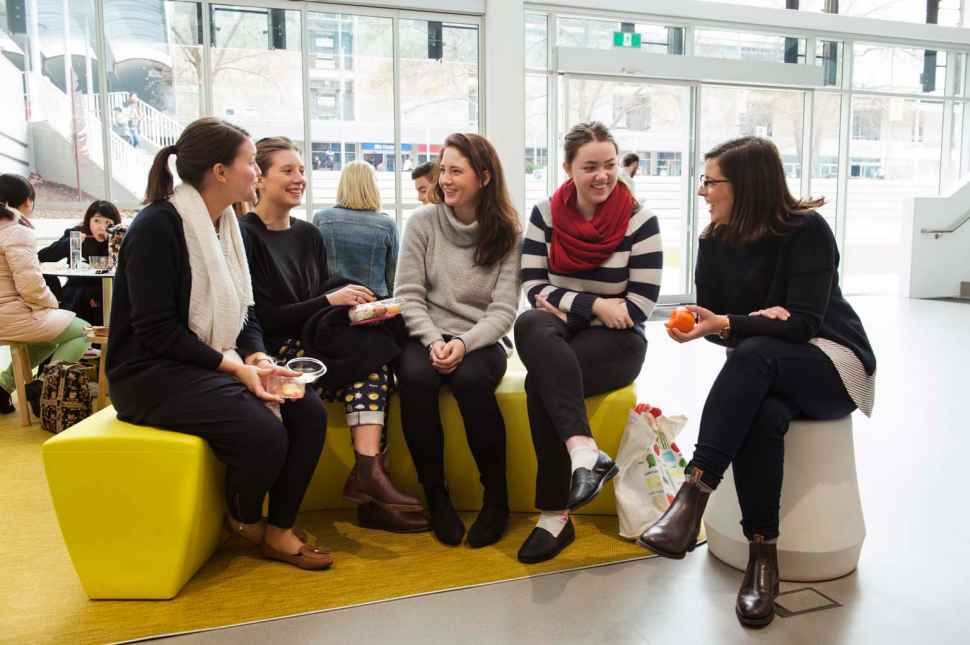A new notification
Notification
FROM CLASSROOM TO PHYSIOTHERAPY PRACTICE ON THE FRONT LINE
Practical learning geared this student up for the transition from the classroom to real-life, enabling him to thrive while on placement.
Flinders physiotherapy student Benjamin Chapman completed his work placement at the world-class teaching hospital, Flinders Medical Centre, on the front line of the Cardiorespiratory Ward.
COVID-19 restrictions caused Benjamin’s placement at the hospital to be more observational, however, he was still able to benefit through safe practical experience and interaction with patients.
Physiotherapists work in many hospital departments to prevent complications and improve a patient’s function and mobility while in recovery.
Assigned to the cardiovascular ward, Benjamin worked with patients who had undergone abdominal surgery and often had discomfort and trouble with mucus build-up while in recovery.
He was able to practice one-on-one with patients suffering with breathing problems post-surgery.

Physiotherapy student Benjamin Chapman
“I taught patients techniques so they could get rid of the mucus build-up and be able to breathe better on their own,” says Benjamin, who is undertaking his first year of the Masters of Physiotherapy degree having completed three years of Health Sciences.
He says he was prepared for anything during the placement, with his confidence built up in practical learning techniques through his study at Flinders.
This gave him an excellent understanding of physiotherapy in the real world.
“I had the knowledge and background to prescribe strength exercises and help patients build up their global strength,” Benjamin says. “I helped people get out of bed and worked with patients on their walking ability.”
Benjamin says his biggest challenge during the placement at Flinders Medical Centre was learning to have the initiative to create his own tasks and guide his own learning.
“Once I started to do this, I got so much more out of the placement as I was doing many more tasks and gaining many more experiences,” he says.
“I asked about different physiotherapy techniques, and I was able to try the different techniques on different patients after gaining their consent.”
The placement at the Southern Adelaide hospital was one of two industry placements undertaken as part of his studies so far. He has also spent time within Flinders University’s SHAPE (Sport, Health, Physical Activity and Exercise) research centre, which works to produce translational research to enhance knowledge and understanding around sport and physical activity.
As part of his placement with SHAPE, Benjamin says he worked on multiple research projects regarding physical activity levels of students undertaking bachelor degrees.
He believes that his studies provided him with an education that was much more than just the standard theory.

Flinders Physio students work with an educator wearing a realistic silicone mask to aid real-life role play as a patient.
“Flinders University has set me up with life skills such as communication, cultural responsiveness, and understanding of all different professions within the health sector as well as many other skills which will all help guide me through my professional career,” Benjamin says.
“I have been able to develop my communication and practical skills, work with a range of different people and improve professionally.”
Benjamin has found the physiotherapy philosophy fits his views of what health care should look like.
“I’ve always enjoyed talking with and helping people through different challenges in their life,” he says. “I am going to finish my Master of Physiotherapy and come out into the workforce as an open book.
“I will continue to learn so much more once I become a part of the workforce.”
Contact us
We offer one-on-one appointments with our prospective student team to discuss career options, pathways, and course and entry requirements.
You might also be interested in
![]()
Sturt Rd, Bedford Park
South Australia 5042
South Australia | Northern Territory
Global | Online
CRICOS Provider: 00114A TEQSA Provider ID: PRV12097 TEQSA category: Australian University











